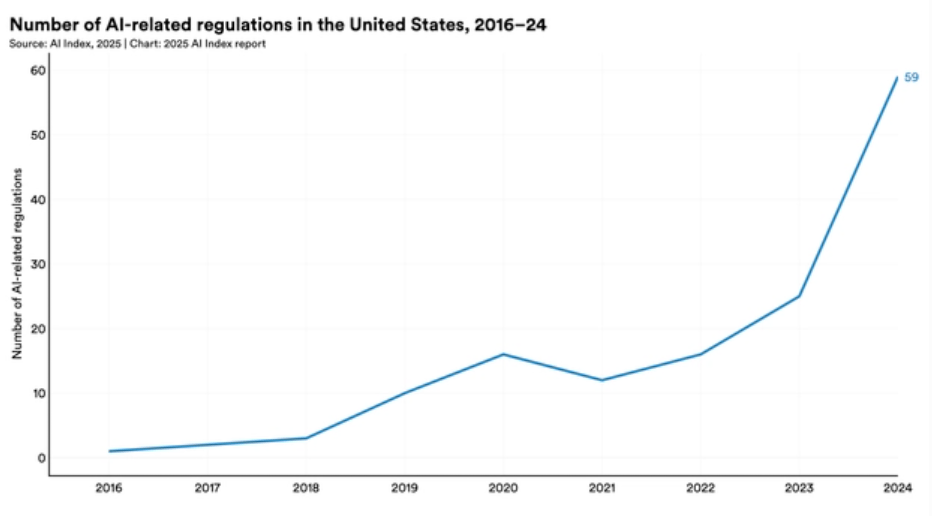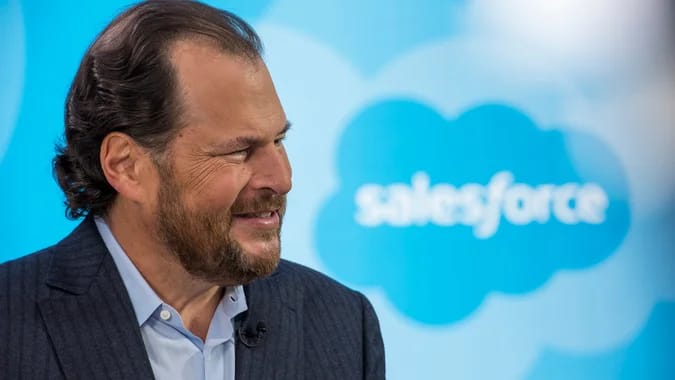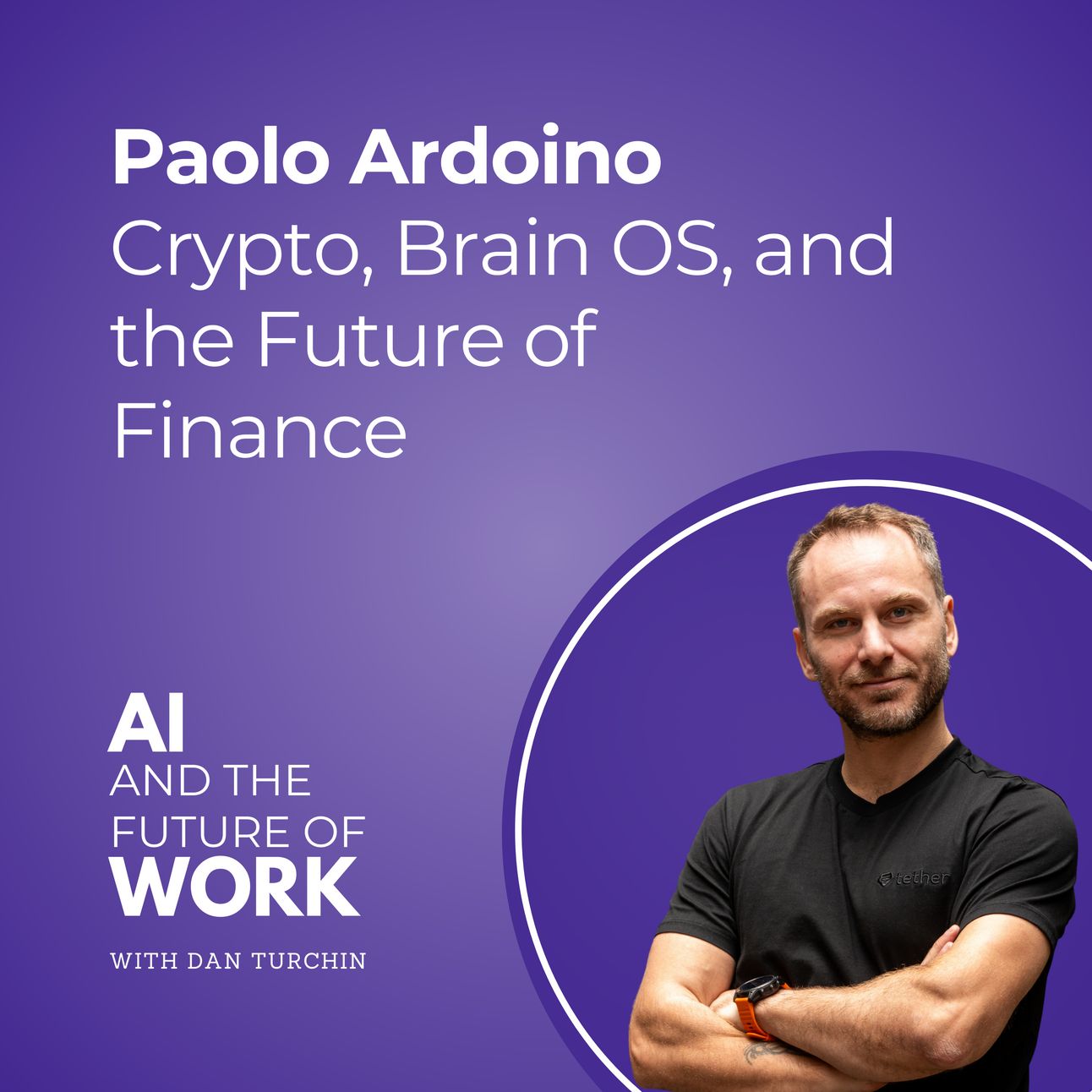- AI&TFOW
- Posts
- Can Decentralized AI Fix Banking? [Newsletter #57]
Can Decentralized AI Fix Banking? [Newsletter #57]
The Future of Finance and Brain OS
Hello, AI enthusiasts from around the world.
Welcome to this week’s newsletter for the AI and the Future of Work podcast.
Ten years ago, talking about what AI might look like a million years from now would have seemed unnecessary.
Today, it’s a valid question, even if we have no idea what the answer is.
AI has made massive leaps and is evolving faster than many expected.
That’s why it’s worth asking how humans will interact with AI; not only in ten years but far beyond that.
This week’s guest works in crypto, and the conversation looks ahead. It touches on science fiction, yet stays grounded in what could soon be possible.
Let’s dive into this week’s highlights! 🚀
🎙️ New Podcast Episode With Paolo Ardoino, Tether CEO
We can’t imagine what AI will look like in a million years. But some people are already thinking about it.
One of them wants to create AI that becomes part of the fabric of the universe.
It sounds ambitious—maybe even like science fiction—but that’s Paolo Ardoino’s goal.
And he might be one step closer.
Paolo is the CEO of Tether, the company behind the world’s largest stablecoin. He built the infrastructure that now supports billions of dollars in daily transactions.
He’s also one of the most vocal advocates for using cryptocurrency to improve the global banking system.
His work goes beyond Tether. He’s also the CTO of Bitfinex, a major crypto exchange, and co-founder of Holepunch, a platform that builds apps without servers.
In this week’s episode, Paolo sat down with Dan Turchin, CEO of PeopleReign, for a wide-ranging conversation that goes well beyond crypto.
He invites us to think about how fast AI is evolving and how it might reshape our lives sooner than we expect.
Does that future feel scary? For many, the mention of AI brings up images of the Matrix or the Terminator.
For Paolo, it’s quite the opposite. He believes AI can improve human life and become an integral part of our daily routines, enhancing what we do instead of slowing us down.
This week’s episode explores that idea and much more:
The certainty of math makes it incorruptible, which is why Paolo sees it as the foundation for the future of banking.
How he turned Tether into the largest financial inclusion initiative in history, offering a decentralized alternative to traditional systems.
Why generating a billion times more information per day changes everything, and how AI will soon modify itself to keep up.
The next step for humans, according to Paolo, is building a real connection between our brains and machines to avoid falling behind.
Why, despite his optimism, he questions whether true AI safety is even possible in the long run.
🎧 This week’s episode of AI and the Future of Work, featuring Paolo Ardoino, inspired this issue.
🎧 Listen to the full episode to hear how Paolo Ardoino brings sci-fi thinking into everything he builds, all while working toward a small but meaningful part of the AI of the future.
📖 AI Fun Fact Article
The Chatbot Arena leaderboard might sound like something out of a movie. But it’s one of the most important tools we have to evaluate how chatbot models are performing, which ones are leading, and how fast others are catching up.
In 2025, the leaderboard made one thing clear: the race is heating up. AI models are getting more sophisticated and competitive.
That part isn’t surprising. What is surprising is how much the gap has narrowed.
The difference between the top and 10th-ranked models shrank from 11.9% to just 5.4%.
That’s just one of many insights from the 2025 AI Index Report, published by Stanford’s Human-Centered AI lab (HAI). The report is 456 pages long and reflects 12 months of global data. This is HAI’s eighth edition.
The findings go far beyond model rankings. One major theme is the need for the public sector to catch up with industry. The report calls for policymakers to invest more in AI and modernize regulations to keep up with the pace of innovation.
And some changes are already happening. In 2024 alone, growing public distrust and more frequent AI-related incidents led to a spike in regulatory activity. The number of AI-related federal regulations more than doubled, with 59 new rules from 42 different agencies.

Source: AI Index, 2025 / Stanford
The report also highlights growing international competition, especially between the United States and China. The U.S. continues to lead in model innovation, but China’s rapid progress calls for stronger and more proactive policy responses.
Dan Turchin, CEO of PeopleReign, notes that most of what's in the report is obvious, but it's thoroughly backed by data. Which makes it a rare, objective resource at a time when so much so-called research is biased by the author's profit motives.
Yolanda Gil and Raymond Perrault, co-directors of the Index Report, do an excellent job of combining their own data with clear, prescriptive recommendations.
If you have a bit of time, read all 456 pages, or as Dan suggests, use a combination of LLMs to summarize it and focus on the most important content.
Listener Spotlight
Alan lives in Washington, D.C., and listens while on the Metro.
His favorite episode is the great conversation from last year with EEOC commissioner and current Deputy Secretary of Labor Keith Sonderling about using AI to eliminate bias in hiring.
You can listen to that episode here.
As always, we love hearing from you.
Want to be featured in an upcoming episode or newsletter?
Just comment and let us know how you listen and which episode has stayed with you the most.
Worth a Read (And Watch)! 📚
Startups and smaller enterprises tend to move fast with AI. They’re flexible and quick to adapt.
Large companies? Not always. They’re often more rigid in their processes.
That’s why it’s worth paying attention when a global company shares how deeply AI has shaped its operations.
If you’re in tech, you’ve heard of the CRM platform Salesforce. Its CEO, Marc Benioff, just shared how much of their work is now delegated to AI. The scale is impressive.
Even more interesting, he pointed to the accuracy of these tools and encouraged other leaders to rethink what an AI-first strategy really means.
We'd love to hear your thoughts on this new artist–send us your comments!

Bloomberg | Getty Images
We want to hear what you have to say! Your feedback helps us improve and ensures we continue to deliver valuable insights to our podcast listeners. 👇
Until next time, stay curious! 🤔
We want to keep you informed about the latest in AI. Here are a few stories from around the world worth reading:
The Olympics are among the world’s most prestigious sporting events. Organizers now plan to make AI an integral part of them.
AI is known for speeding up processes, managing data, and building apps. But what about using it to support dialogue and mediation? [Here’s how.]
Can AI help with learning? This story looks at how it’s being used to support people with dyslexia. This challenges the idea that AI doesn’t belong in education.
That's a Wrap for This Week!
This week’s conversation took us into the future: ten years ahead, a hundred, even a million.
It left us thinking not just about where AI is going, but how we’ll live and work alongside it. We hope this episode gave you a reason to stay curious and explore how AI might improve your own life.
Until next time, keep questioning, keep innovating, and we’ll see you in the future of work. 🎙️✨
If you liked this newsletter, share it with your friends!
If this email was forwarded to you, subscribe to our Linkedin’s newsletter here to get the newsletter every week.
